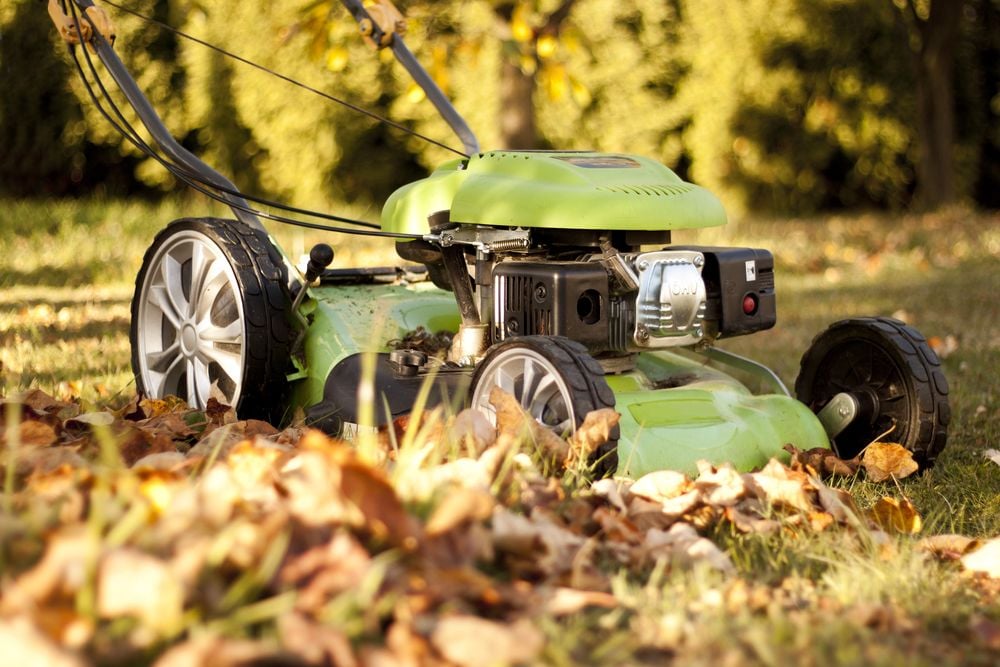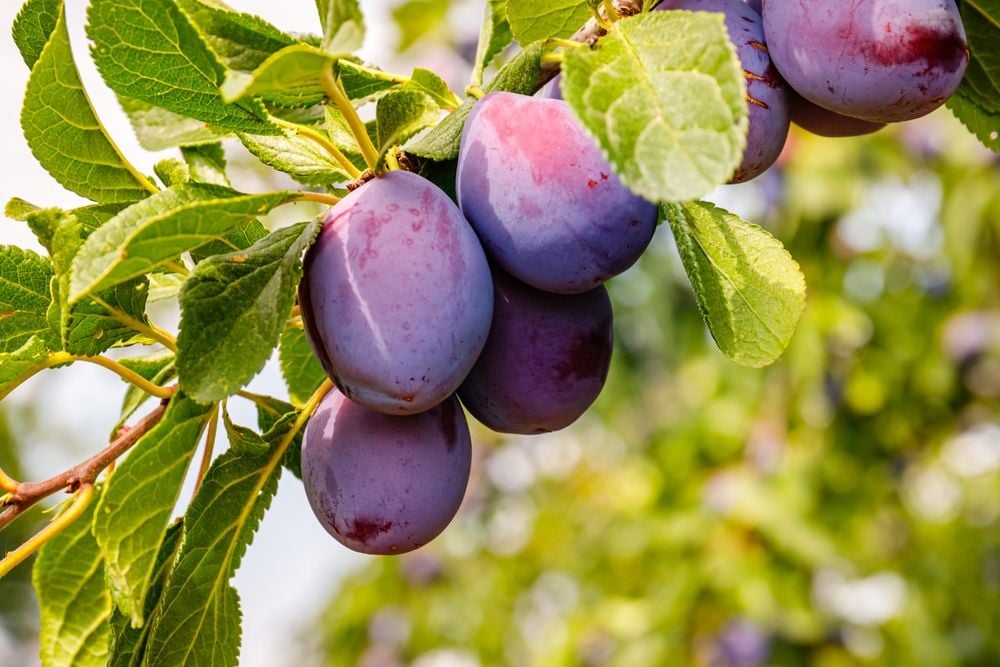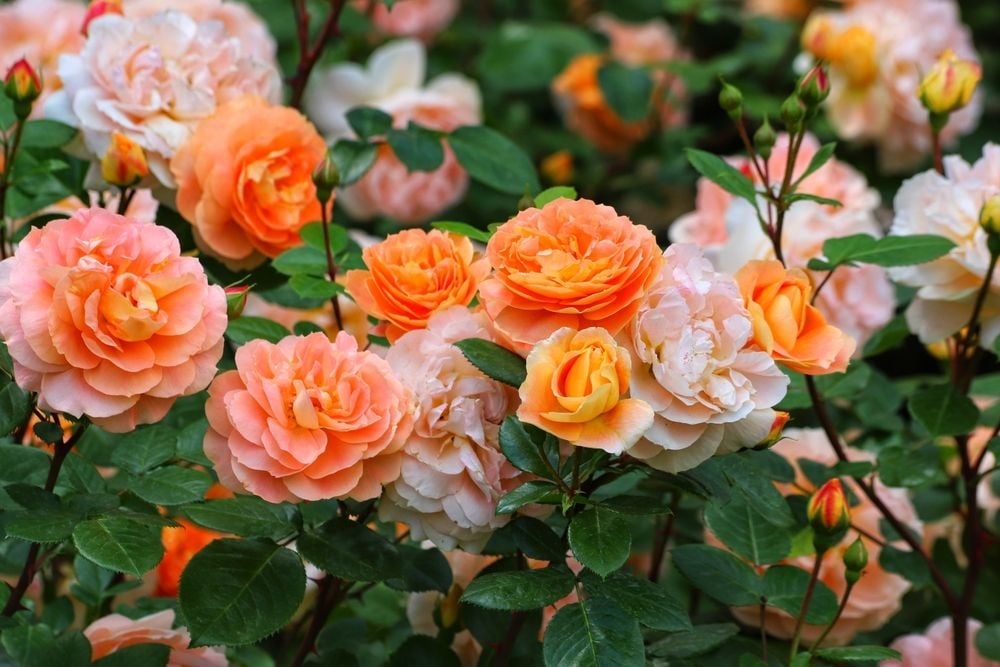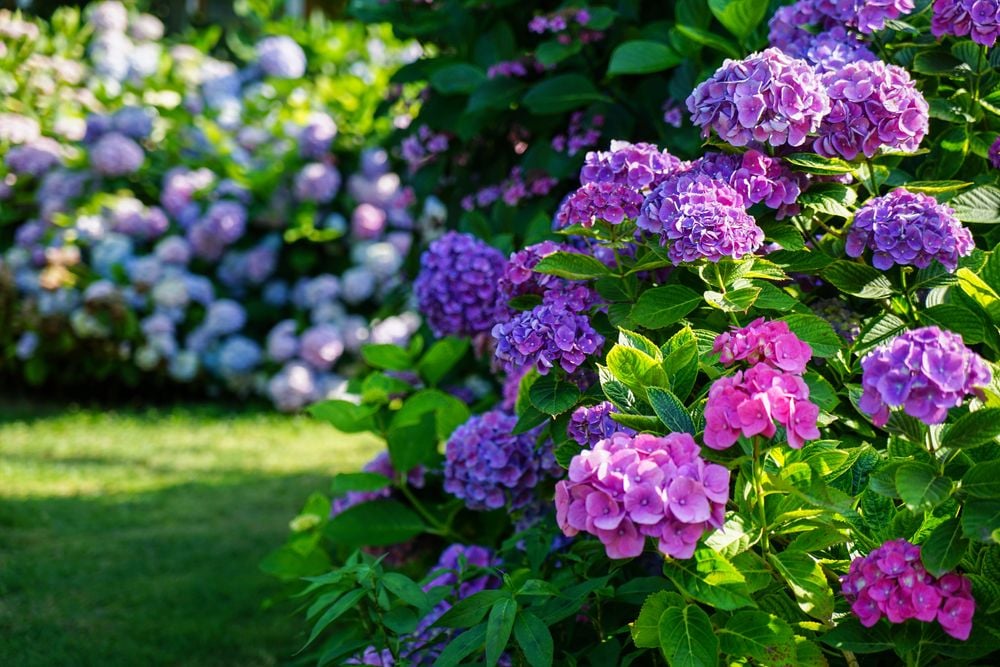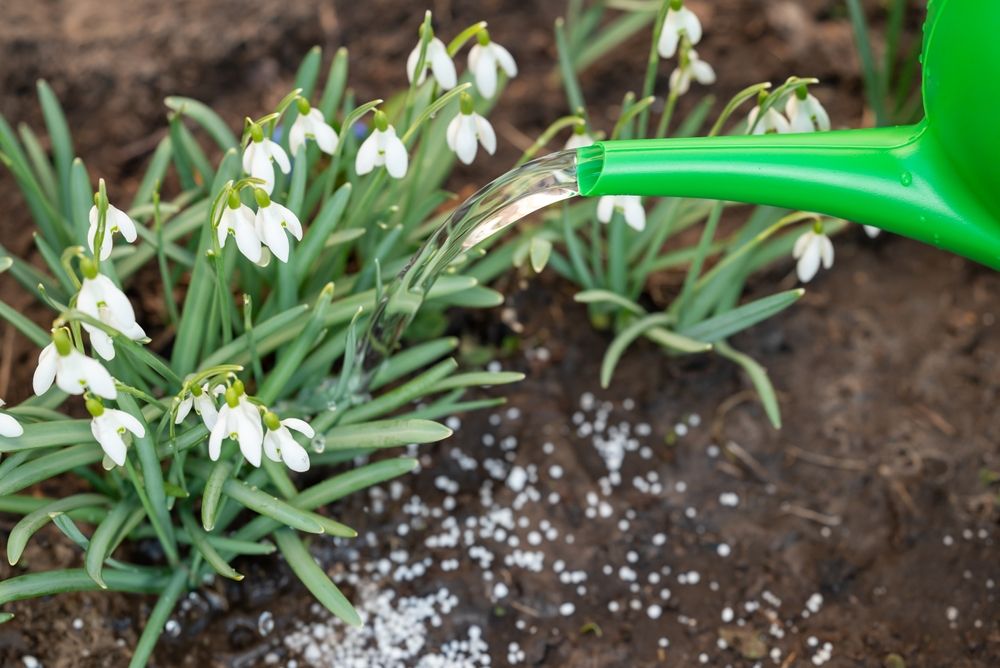
Mastering Fertilizer: Tips from the Expert Gardeners
- Jun 25, 2025
Garden enthusiasts know the transformative power fertilizer can bring to your garden and lawn. Fertilizers tick many boxes: they can stimulate plant growth, enhance soil health, and up the defenses against diseases. However, wrong use of fertilizers could do more harm, as unintended consequences range from leaf burn to poor flower production. Let's take cues from gardening gurus to do it right.
Luke Hammond from Seedtime, a known gardening expert, states, "Excessive use of fertilizers can have adverse effects. It can cause plant burn, disrupt the microbial health of the soil, and lead to disproportionate leaf to flower or fruit growth, due to salts being deposited in the soil, which subsequently makes it difficult for plants to absorb water."
This fertilization problem can be mitigated by adhering to the application rates specified on the packaging. Damon Abdi, landscape horticulture expert at Louisiana State University, suggests diluting surplus fertilizer in the soil by watering aplenty if you applied a soluble fertilizer. For slow-release versions, Abdi suggests removing some of the residual fertilizer if visible and has not aged much.
Abdi further pointed that under-application of fertilizer can also be detrimental. Inadequate fertilizer can stunt growth, affect the plant's aesthetics, and lower the quality of the fruit. The plants may even become susceptible to environmental stress, pests, and diseases due to nutrient starvation. Discrepancies can be adjusted by incorporating more or switching the type of fertilizer.
Mistimed application of fertilizer can also cause problems. Abdi cautions, "Avoid applying late in the year to prevent spurring growth just before winter, a season when plants are vulnerable to cold weather. Also, avoid feeding plants too early in spring as this can encourage new growth which may be destroyed by any surprise frost." He recommends mid-spring or summer applications to reboost plants after winter or to replenish plant nutrients respectively. Misapplied fertilizers can be handled by removing granules or through generous irrigation to clean the soil.
Applying fertilizer under the mid-day sun can also lead to problems. According to Hammond, this can cause leaf burn and liquid nutrients to evaporate rapidly. The experts recommend fertilizing early in the morning or late afternoon when temperatures are lower to evade potential harm to your plants.
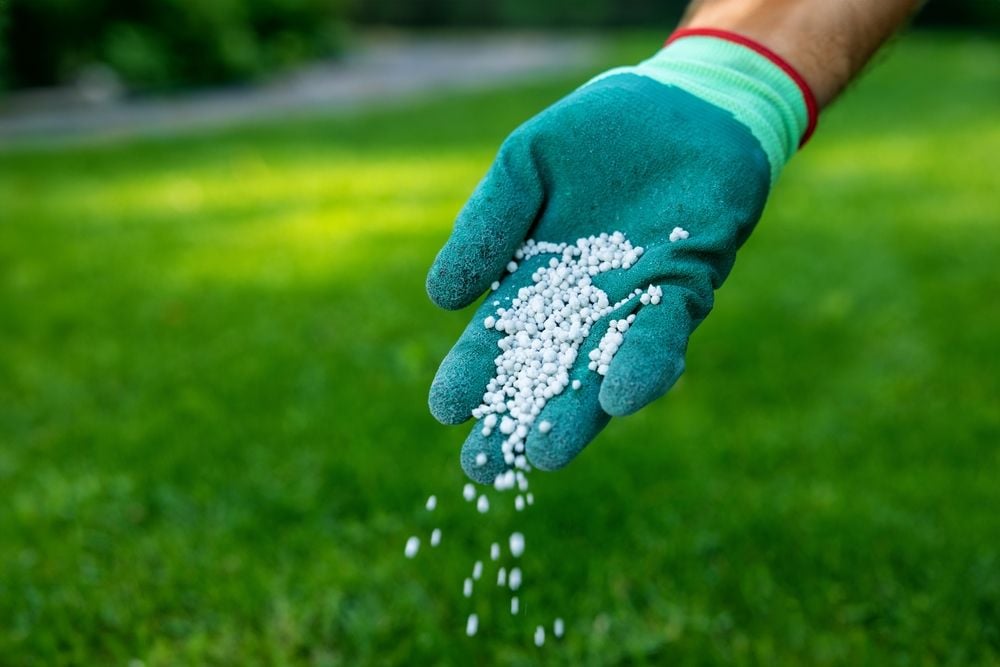
Abdi also reminded that there are no universally applicable fertilizers. "Different plants have different nutrient needs", he explained. Tailored fertilizers for specific plants, including those for acidic soils like azaleas and gardenias, are available. Your lawn and vegetable garden also have their specific fertilizer needs.
Using fertilizers on dry soil causes the nutrients to be inaccessible to the plants. Abdi notes that liquid fertilizers might get washed away before reaching the root zone, while granular fertilizers might simply be blown away. "In dry soils, fertilizers, being salts, may become more concentrated due to inadequate water to dilute it, leading to salinity issues", he said. In this case, watering the soil before and after fertilizing can help rectify this problem.
Abdi also noted that non-uniform application can affect the consistency of plant growth, impacting both the health and aesthetic quality of your landscape. Precaution should be taken to ensure even application of fertilizers in your garden. For lawns, it is important to evenly distribute the fertilizer using appropriately calibrated tools and equipment.
Hammond warned against the risks of applying fertilizers on new grass before the roots are well established. He suggests application of a thin layer of organic compost and additional seed if the grass shows insufficient growth. Fertilizer should only be applied after the lawn has been mowed two to three times.
Finally, it is helpful to understand the numbers on fertilizers, representing nitrogen, phosphorous, and potassium respectively. A soil test can provide information about the composition of your soil, assisting you in selecting the right fertilizer. Abdi added, "Soil testing provides insights into soil texture and composition, impacting water and fertilizer movement in your garden." Soil tests can be accomplished with the help of local extension services.



